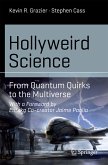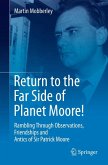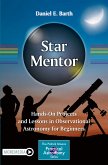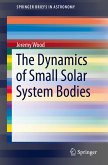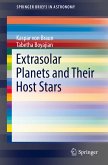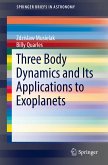From a noted specialist in astronomy education and outreach, this Brief provides an overview of the most influential discipline-based science education research literature now guiding contemporary astronomy teaching. In recent years, systematic studies of effective and efficient teaching strategies have provided a solid foundation for enhancing college-level students' learning in astronomy. Teaching astronomy and planetary science at the college-level was once best characterized as professor-centered, information-download lectures. Today, astronomy faculty are striving to drastically improve the learning environment by using innovative teaching approaches. Uniquely, the authors have organized this book around strands of commonly employed astronomy teaching strategies to help readers, professors, and scholars quickly access the most relevant work while, simultaneously, avoiding the highly specialized, technical vocabulary of constructivist educational pedagogies unfamiliar to most astronomy professors. For readers who are currently teaching astronomy at the college level-or those who plan on teaching at the college level in the future-this Brief provides an indispensable guide.
Dieser Download kann aus rechtlichen Gründen nur mit Rechnungsadresse in A, B, BG, CY, CZ, D, DK, EW, E, FIN, F, GR, HR, H, IRL, I, LT, L, LR, M, NL, PL, P, R, S, SLO, SK ausgeliefert werden.



